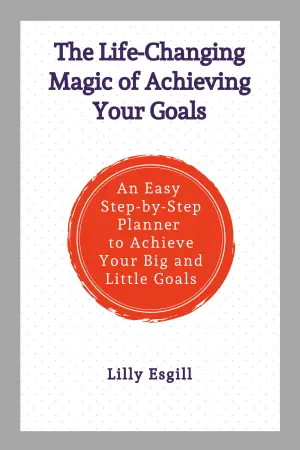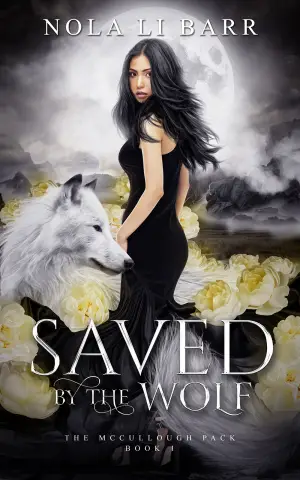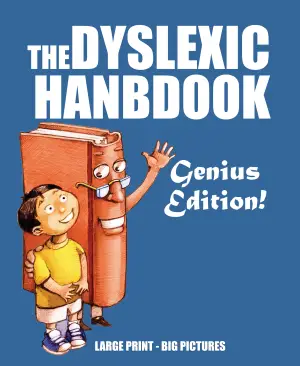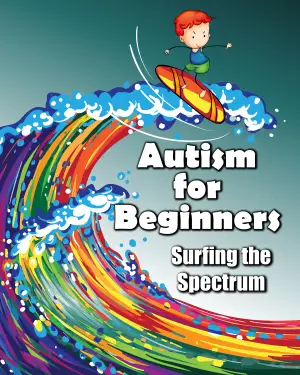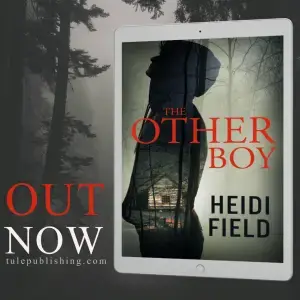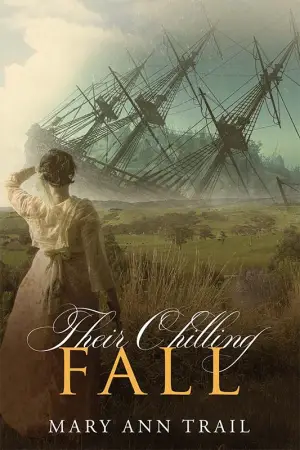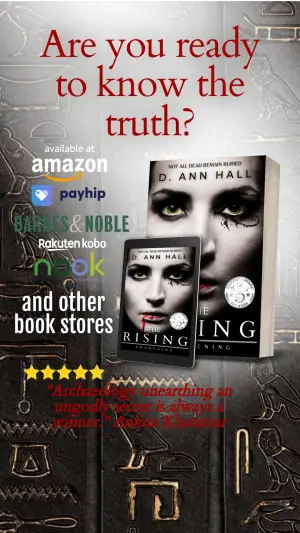A Journey of Second Chances: My Thoughts on I Leave It Up to You
In the vibrant tapestry of contemporary literature, Jinwoo Chong’s I Leave It Up to You caught my eye for its poignant exploration of identity and family dynamics. As someone who appreciates the intricate dance of personal and cultural narratives, I was drawn to the novel’s premise: a young man, Jack Jr., awaking from a two-year coma to discover a world that has moved on without him. What unfolds is not just a tale of recovery, but a deep dive into the pressures of familial expectation, cultural identity, and the tender complexities of queer love.
Jack’s journey begins as a disorienting awakening in a hospital bed, where he’s met with the stark reality of having lost two years of his life. Chong’s ability to depict this fish-out-of-water experience resonated with me on a visceral level. One memorable moment occurs when Jack confuses his male nurse for his husband, setting a tone that combines humor with heartache. It’s a clever narrative choice that outlines both Jack’s vulnerability and the comedic absurdity of his new reality.
Chong deftly navigates the intricacies of Jack’s family ties, portraying relationships laden with love, disappointment, and cultural obligation. The dynamic between Jack and Appa, his father, struck me as particularly powerful. Their interactions—filled with unspoken sentiments—paint a vivid picture of the immigrant experience, where the weight of family expectations often clashes with personal aspirations. It was in these moments, often captured during the quiet rituals of sushi preparation, that the novel’s emotional core truly shone.
The culinary elements serve not just as a backdrop but as a rich metaphor for the protagonist’s struggle with his heritage. I found myself enchanted by the detailed descriptions of preparing sushi, which transformed into a lens through which we see Jack’s complicated relationship with his cultural identity. One passage that stood out was when Chong writes about the need "to see with the fingers" while slicing fish. This beautifully encapsulated the idea that tradition is both a burden and a skill passed through generations.
Romance in I Leave It Up to You is equally layered, with Jack’s developing relationship with Emil offering a tender counterpoint to his past heartbreak. Their connection unfolds with a beautiful restraint, allowing both characters to navigate their emotional scars while developing a profound bond. I found their conversations insightful, blending personal struggles with broader themes of trauma and healing, making their love feel earned and real.
However, the novel isn’t without its flaws. Pacing issues cropped up in the middle, where certain conflicts resolved too quickly, occasionally leaving secondary characters, like Jack’s mother Umma, feeling underdeveloped. This sometimes cluttered the narrative, making me wish for a deeper exploration of the themes Chong so skillfully sets up.
Despite these minor hiccups, I Leave It Up to You stands out as a heartfelt exploration of what it means to reclaim one’s life after upheaval. It’s a story filled with laughter, tears, and the messy reality of second chances—both in love and in family. It resonates with anyone who has ever experienced the tension between honoring their past and forging a new path.
I wholeheartedly recommend this book to readers who enjoy rich character studies and those navigating their own familial complexities or identity struggles. Chong provides a poignant reminder that while life may not always offer neat resolutions, the journey toward understanding oneself is what truly matters. In the end, I closed the book not just with reflections on Jack’s journey, but a renewed appreciation for the significance of our ties to family and culture.

